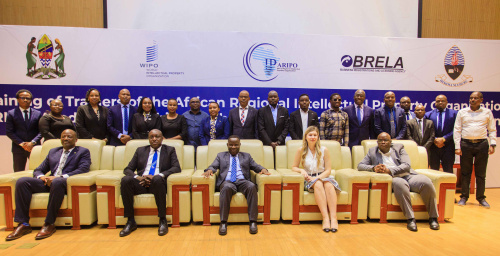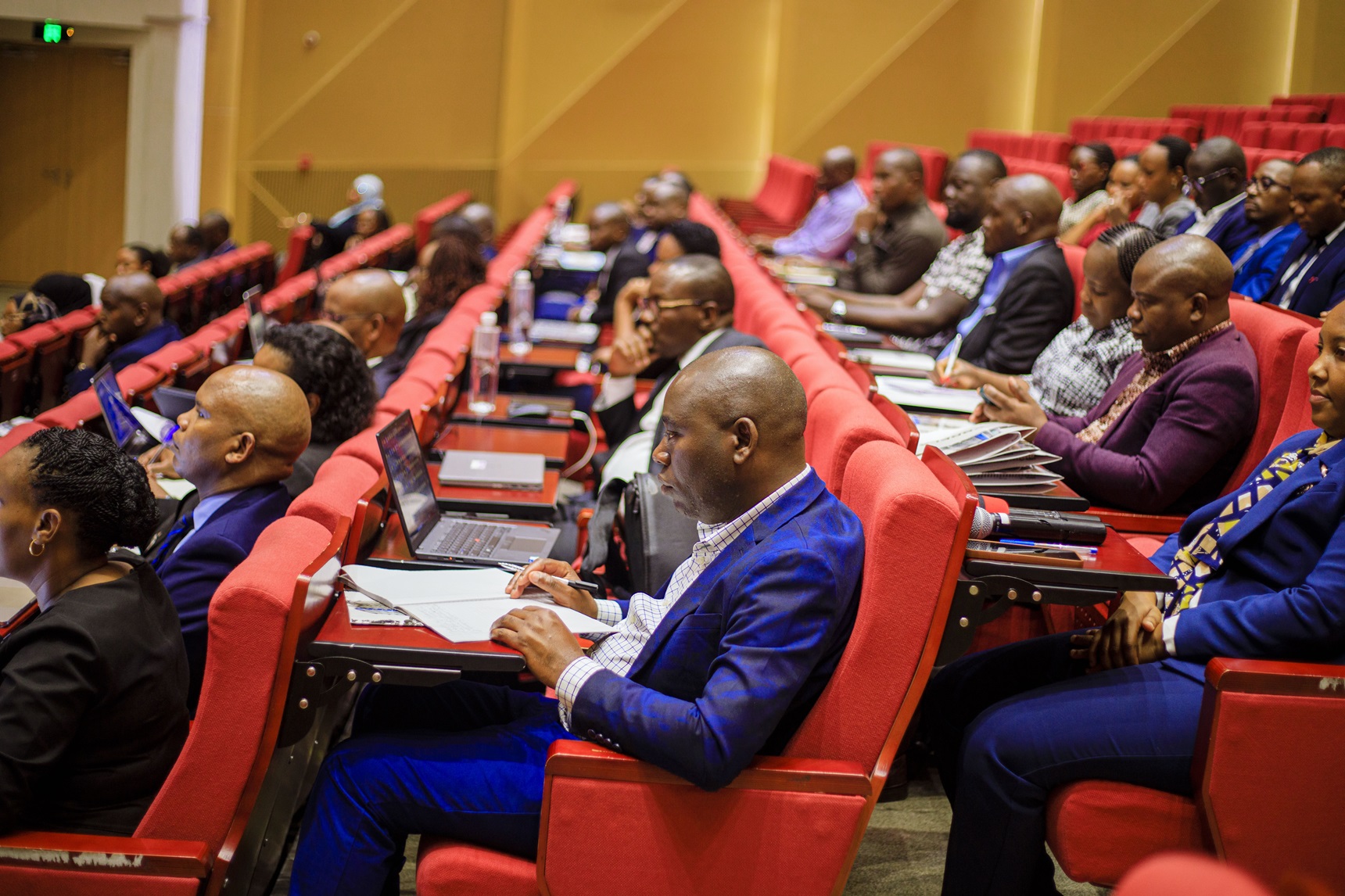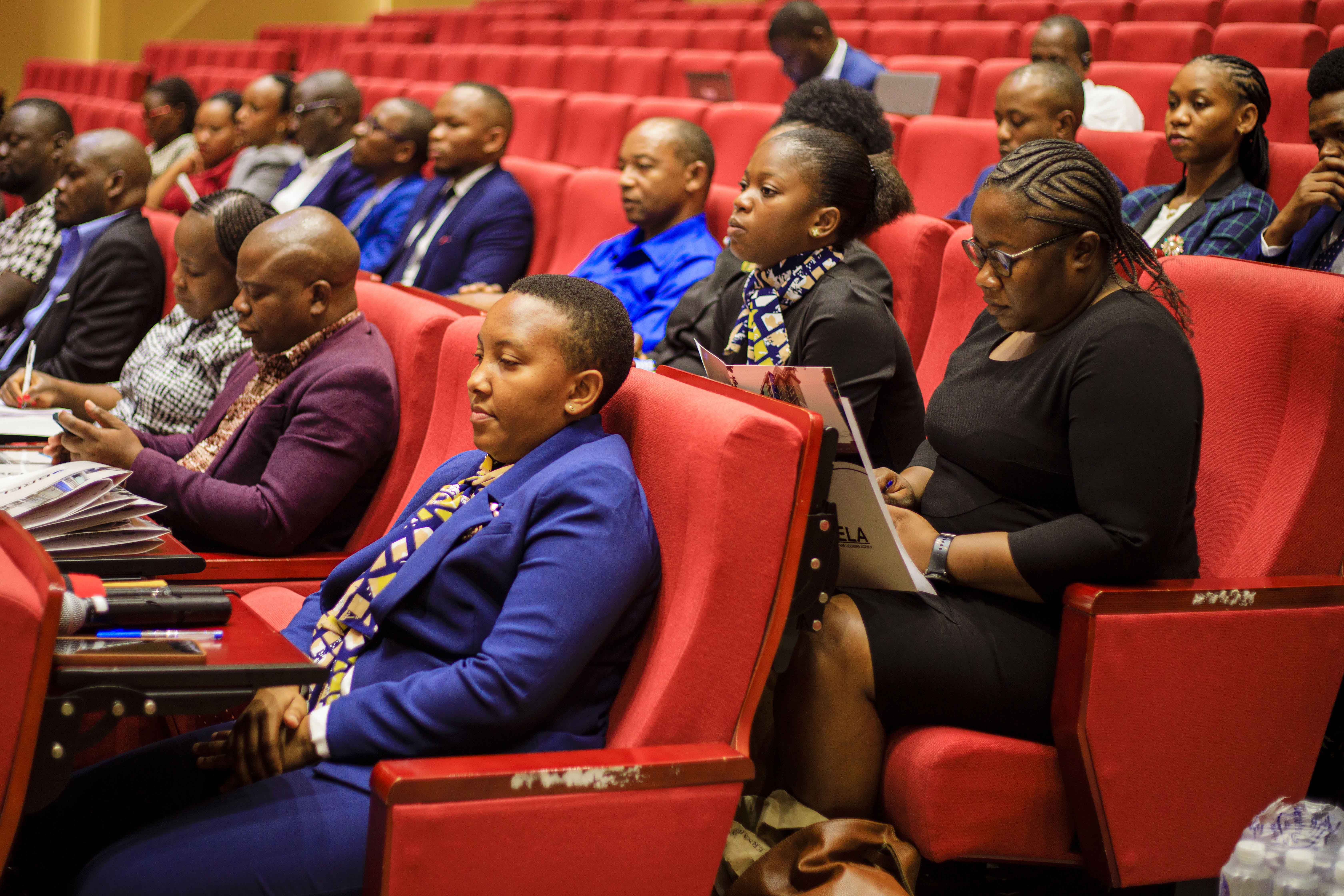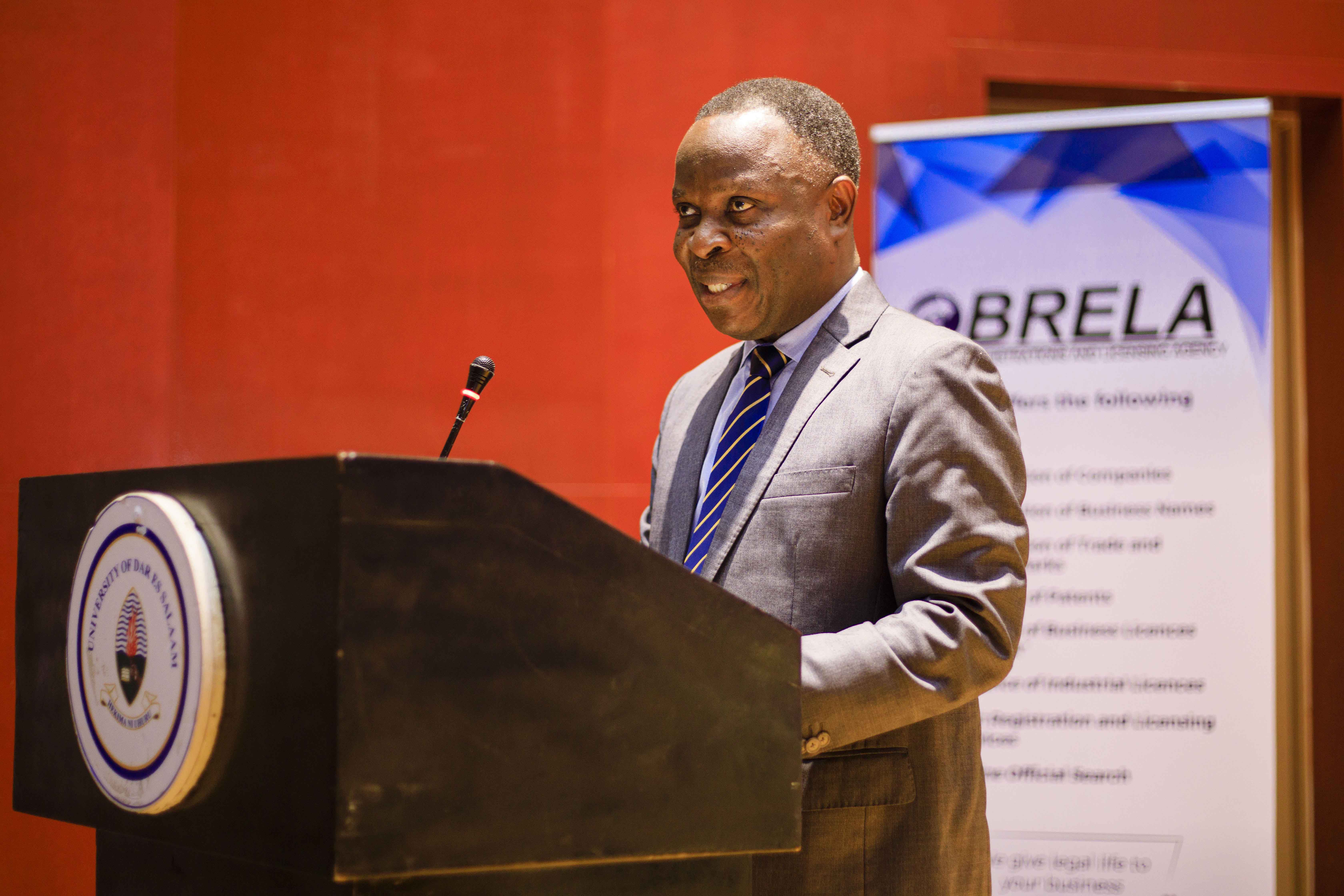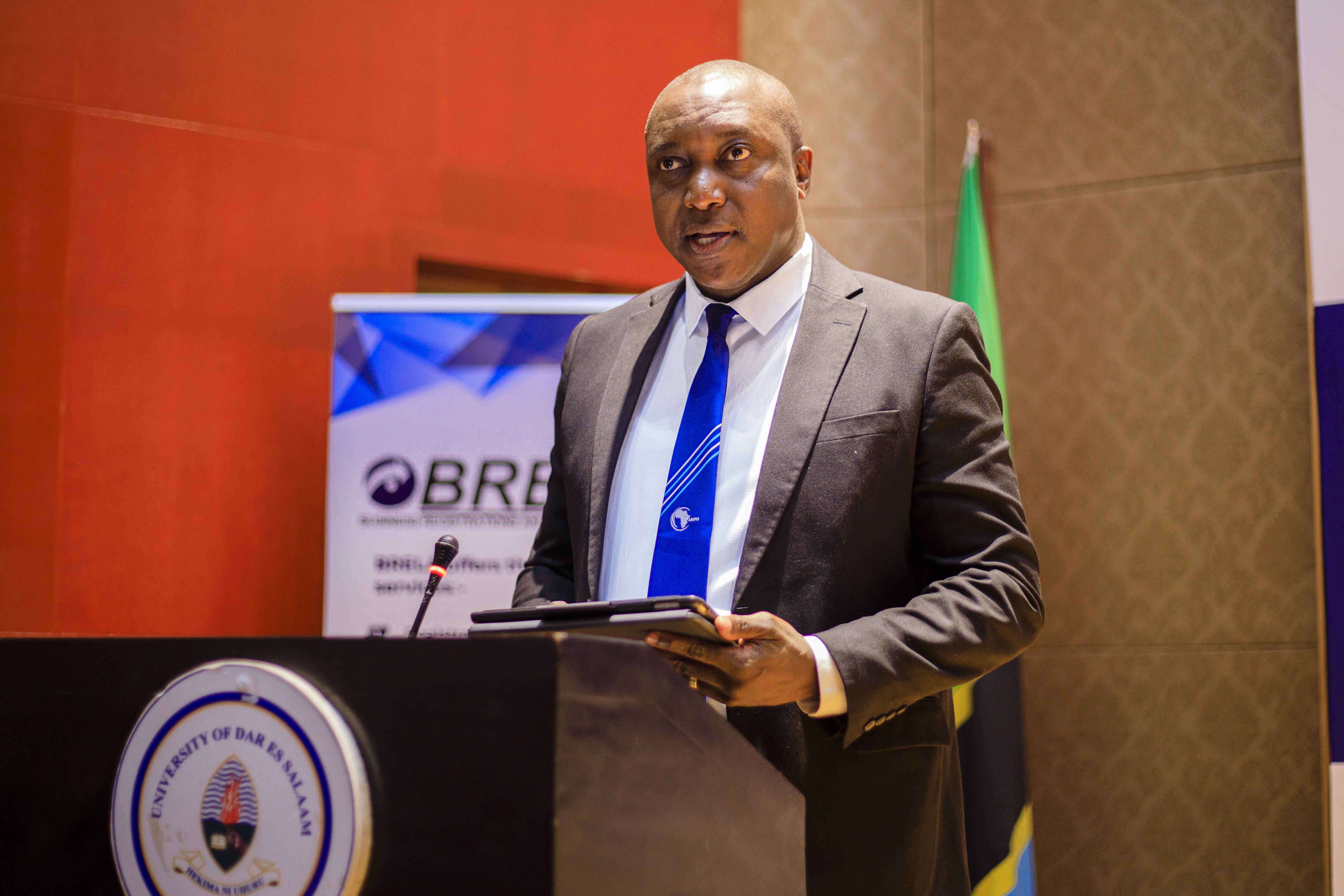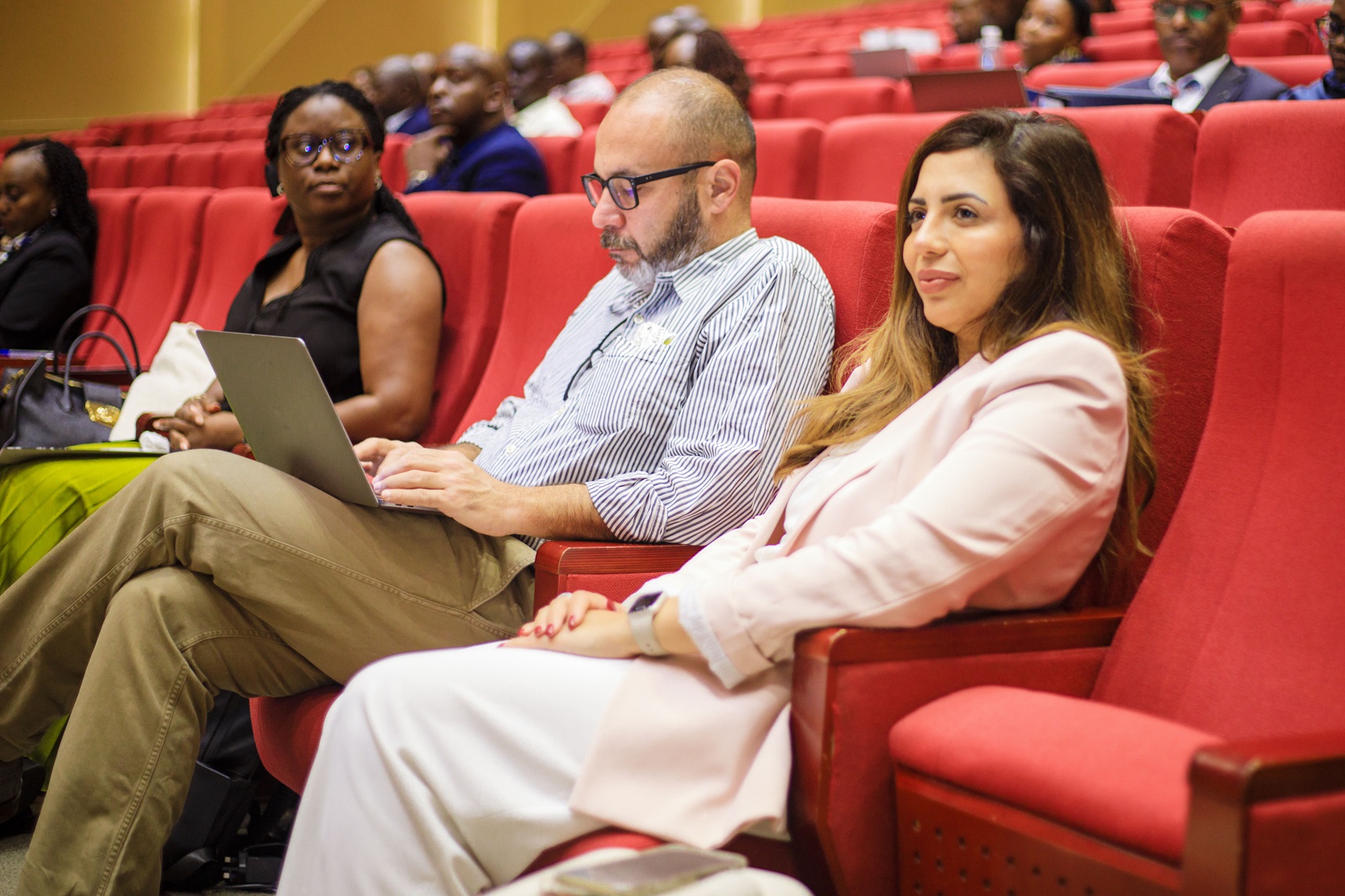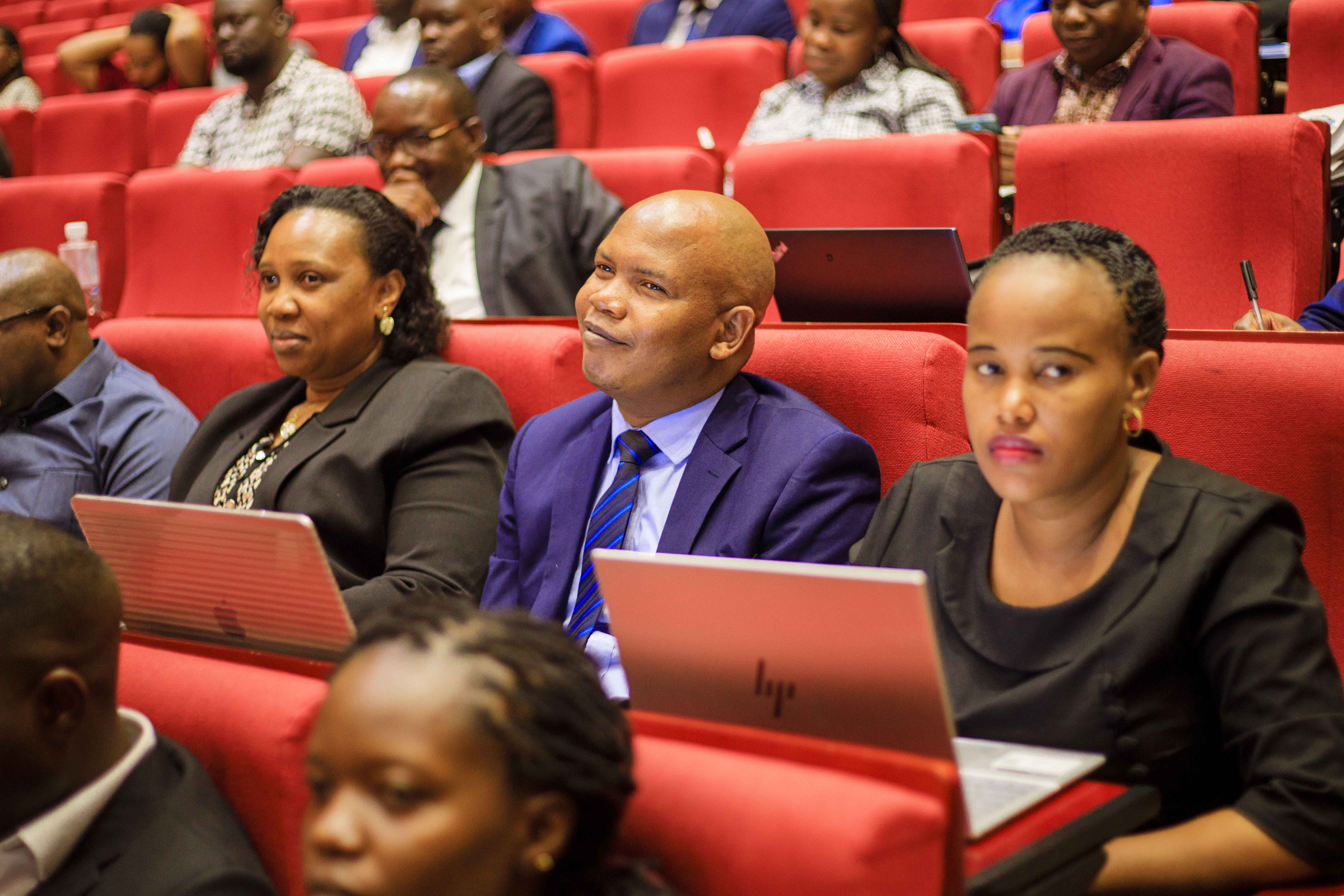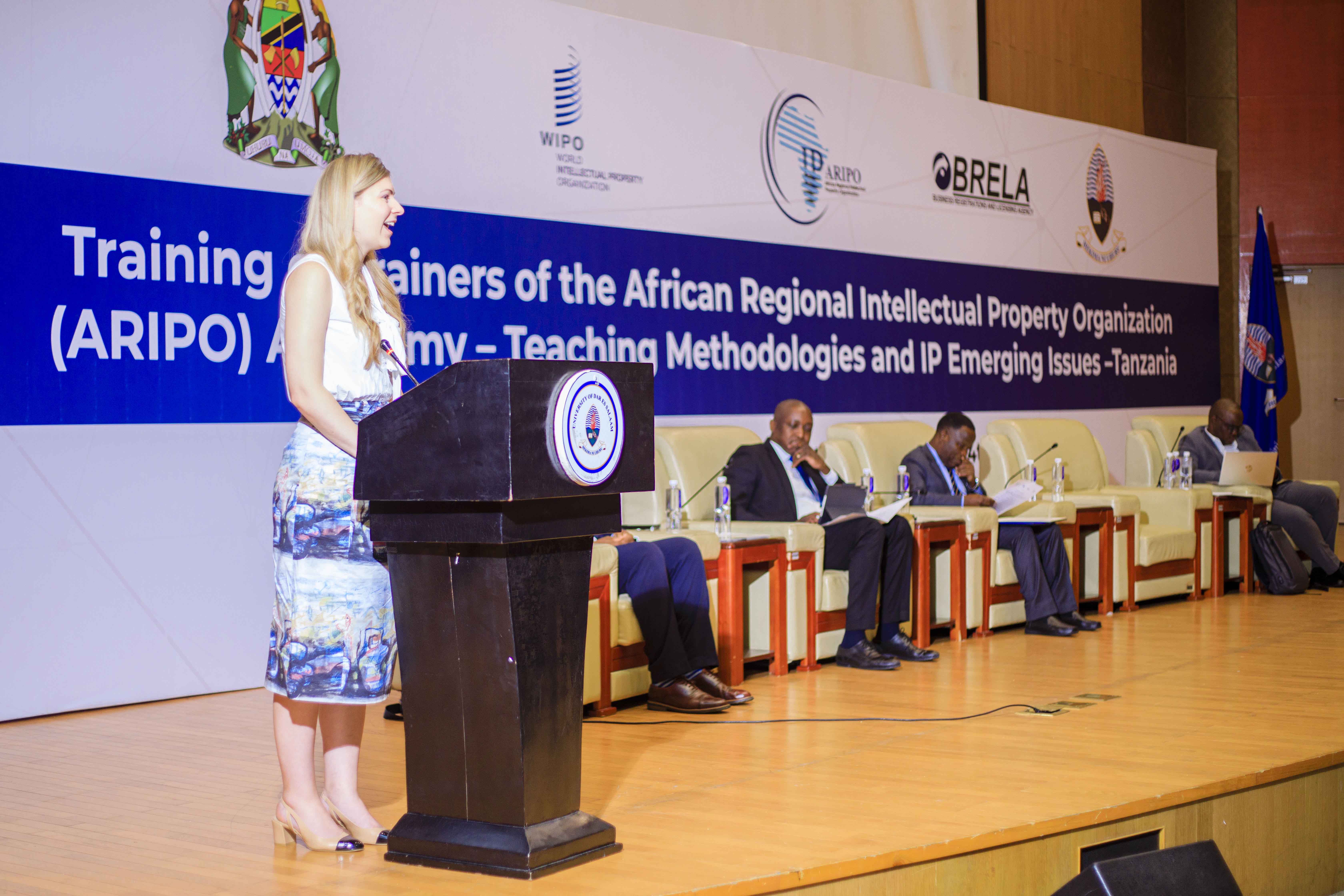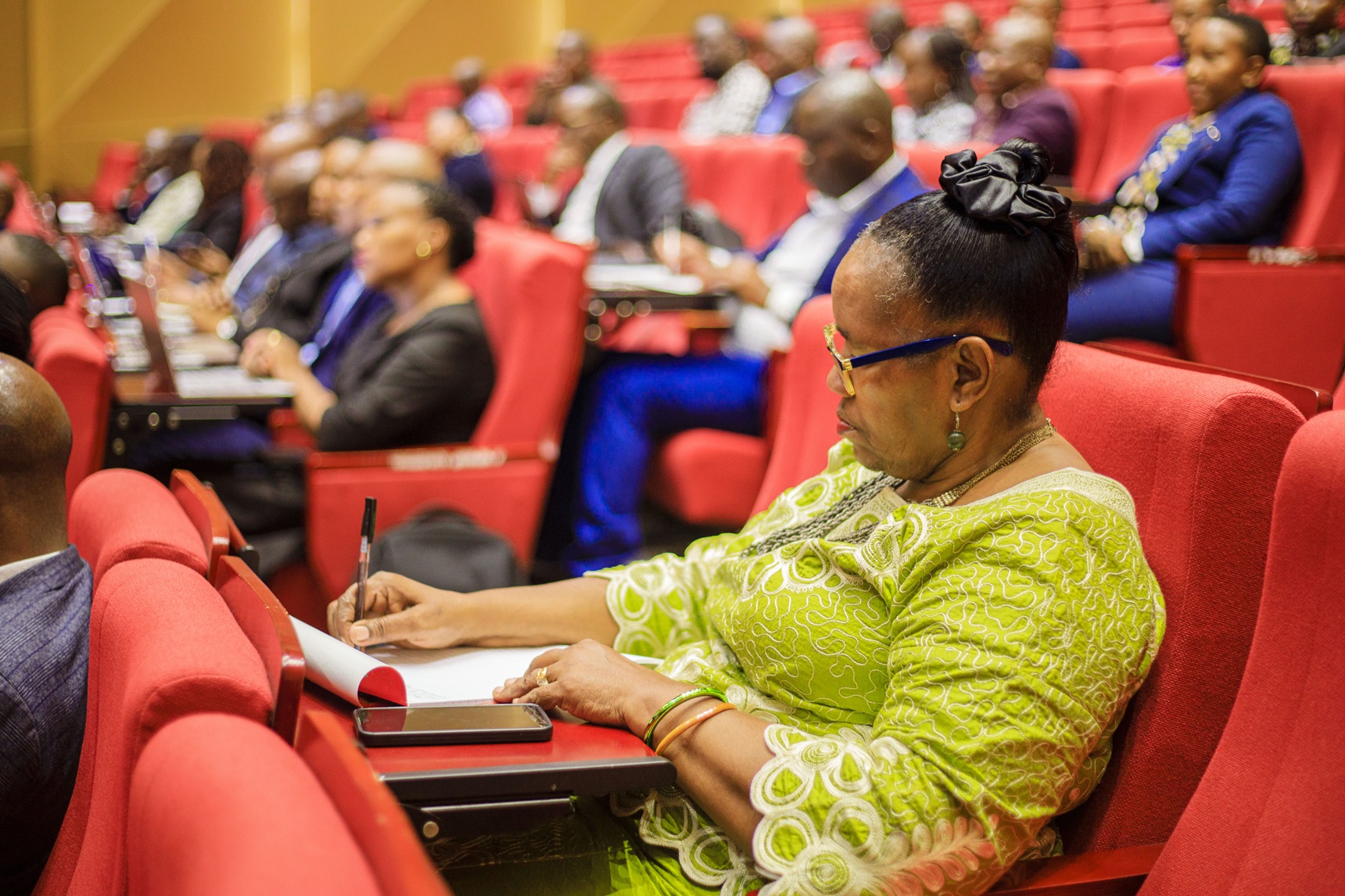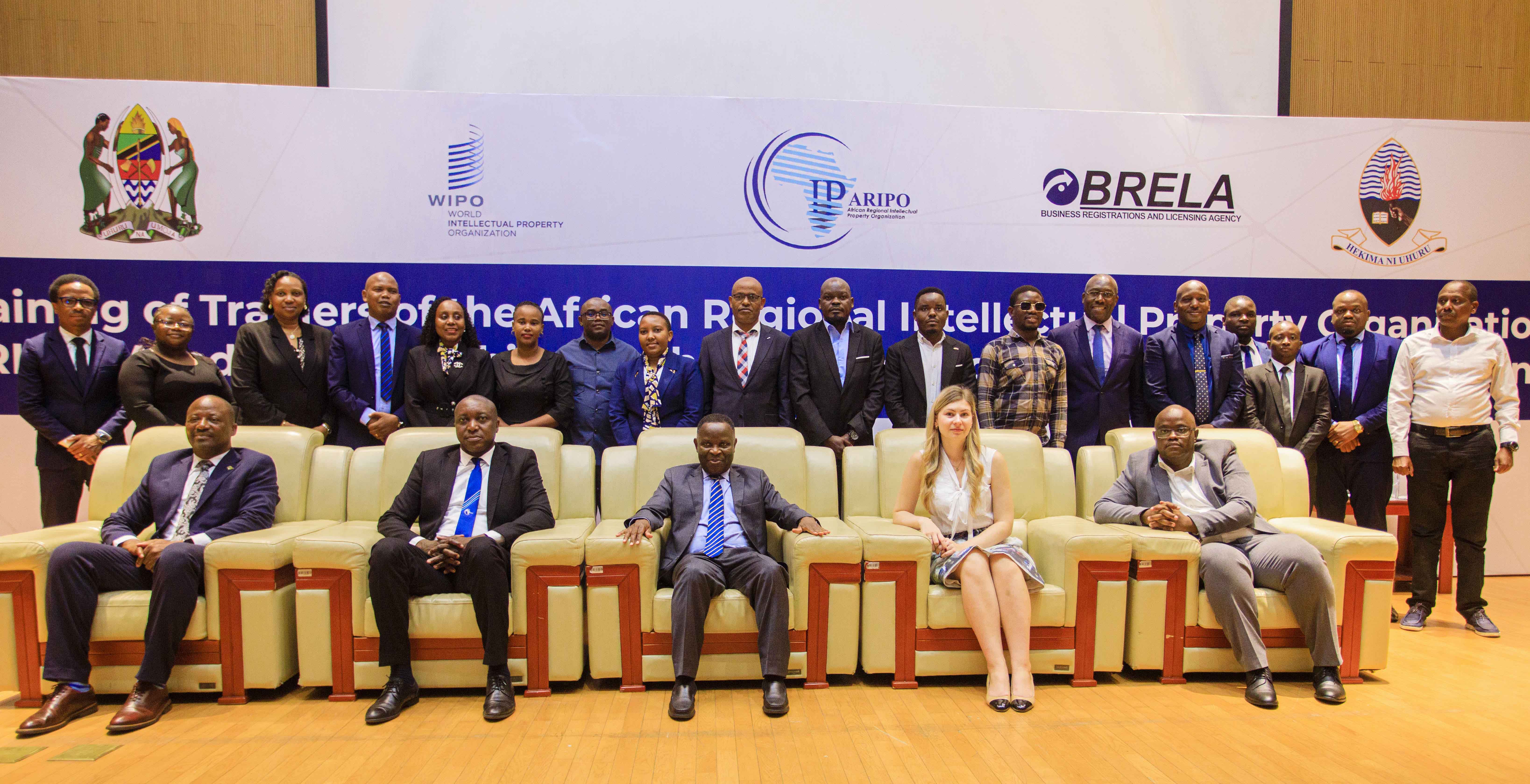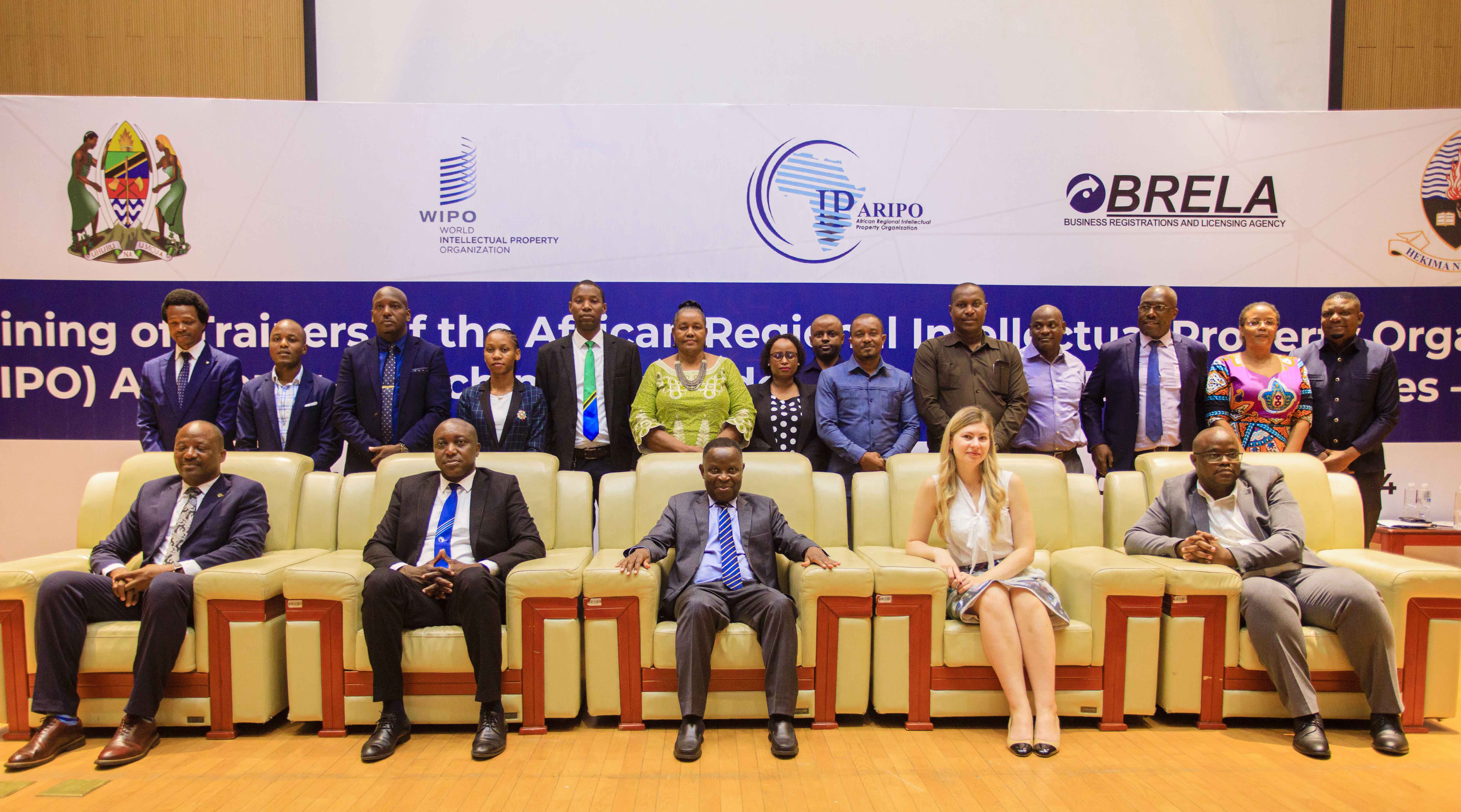News
UDSM hosts Training of Trainers of the African Intellectual Property Organisation Academy
By Jackson Isdory, CMU
In a move towards imparting excellence in various disciplines, the University of Dar es Salaam (UDSM) recently hosted a prestigious international training of trainers of the African Regional Intellectual Property Organization (ARIPO) Academy that brought together various global experts.
This program was attended by IP experts, government officials, and stakeholders from across Africa and beyond, underscoring Tanzania’s dedication to IP rights as a catalyst for innovation, economic growth, and sustainable development.
In his opening address, UDSM Vice Chancellor Professor William A. L. Anangisye emphasized the transformative role of IP protection in nurturing creativity, attracting investment, and driving national development.
“Intellectual property is not merely a legal matter; it is a cornerstone of development. This program empowers a new generation of trainers who will strengthen IP systems across Africa”, said Prof. Anangisye.
Prof. Anangisye also highlighted the importance of building closer ties between academia, industry, and government to fuel a vibrant innovation ecosystem. “The IP hub here at UDSM will serve as a resource for Eastern African nations to exchange ideas, learn from one another, and advance the regional IP agenda”.
The training participants came from the World Intellectual Property Organization (WIPO); the African Regional Intellectual Property Organization (ARIPO); UDSM; Tanzania Judiciary; and the Business Registrations and Licensing Agency (BRELA) and Copyright Society of Tanzania (COSOTA).
The collaboration reflected in this programme which stood as a groundbreaking step towards positioning Tanzania as IP leader in Eastern Africa, exemplified a unified vision to support IP growth across Eastern Africa, addressing the ongoing challenges of cross-border IP infringement, counterfeit goods, and the need for effective technology transfer.
Strengthening Africa’s IP frameworks
The program aims to equip participants from diverse sectors—law, academia, government, and business—with the expertise needed to train others in their respective countries on IP issues.
Mr. Outule Rapuleng, Head of the ARIPO Academy, explained that “many African countries still face challenges in building robust IP systems. This program is designed to bridge knowledge gaps and lay a foundation for sustainable IP frameworks across the region”.
According to Godfrey Nyaisa, CEO of BRELA, Tanzania has been actively improving its IP regulations to align with global standards, creating opportunities for inventors and entrepreneurs. “These reforms have been instrumental; but are just the beginning”.
“We are committed to strengthening our IP frameworks to support our Industrialisation Agenda. Programs like this help spread awareness and provide a structured pathway for capacity building”, he noted.
Empowering innovation through knowledge sharing
Ms. Maria Bychkovska from WIPO underscored the value of international cooperation in IP education. “Building IP awareness at the grassroots level is essential for sustainable growth. By sharing knowledge, we foster innovation that is not just nationally focused but globally competitive,” she remarked.
“Many of the trainers will return to their home countries to promote IP understanding”, said Mr. Jacob Holland, Project Consultant at the ARIPO Academy. He sees the program as a way to address some of Africa's pressing economic and social issues.
"IP can be transformative when integrated into economic policies. We hope these trainers will inspire others and create awareness that will eventually lead to an IP-savvy Africa," Mr. Holland said.
With a focus on practical applications, the training program included discussions on legal frameworks, IP commercialization, and cross-border enforcement. Tanzanian stakeholders were particularly keen on using the program to raise awareness among small and medium enterprises (SMEs), youth innovators, and artists.
"Many local entrepreneurs and creative have struggled with protecting their work. By spreading IP knowledge, we empower them to maximize the value of their creations," said Ms. Doreen Sinare, CEO of COSOTA.
The event also drew attention to the gap in IP awareness within various Tanzanian sectors. UDSM’s Master of Intellectual Property (MIP) program coordinator, Prof. Saudin J. Mwakaje, stressed the need to close the awareness gap in various Tanzanian sectors.
“Some sectors still lack sufficient IP awareness, and there is a clear need for continuous capacity building. By establishing IP offices within universities and training more professionals, we can bridge this gap and ensure our innovators’ creations are safeguarded”, said Prof. Mwakaje.
Mohamed Ali Maalim of the Zanzibar Business and Property Registration Agency (BPRA) affirmed that the knowledge gained from this program would empower local innovators in his community.
“Intellectual property is a valuable asset, like any other,” he said. “By equipping stakeholders with IP knowledge, we enable them to protect their assets, generate income, and drive further innovation.”
Other News
Wed, 08.Jan.2025 : President Mwinyi proclaims UDSM-IMS role in Blue Economy policySun, 05.Jan.2025 : Ministry of Blue Economy, UDSM in key conversations ahead of historic Foundation Stone laying at IMS
Fri, 20.Dec.2024 : ALAF Limited yatoa ufadhili wa masomo ya Umahiri katika Kiswahili kwa wanafunzi wa UDSM
Thu, 19.Dec.2024 : UDSM Herbarium: an invaluable resource fostering conservation, plant taxonomy and ecology
Sat, 14.Dec.2024 : Tracer study findings stress on curriculum to meet national human resource needs
Sat, 14.Dec.2024 : Prof. Mushi calls for ethical and inclusive innovation as Africa higher education leverages AI
Fri, 13.Dec.2024 : UDSM kuwa kituo cha utafiti wa Sayansi ya Bahari barani Afrika
Fri, 13.Dec.2024 : Multi-billion Sida funds to boost research on sustainable development at UDSM


